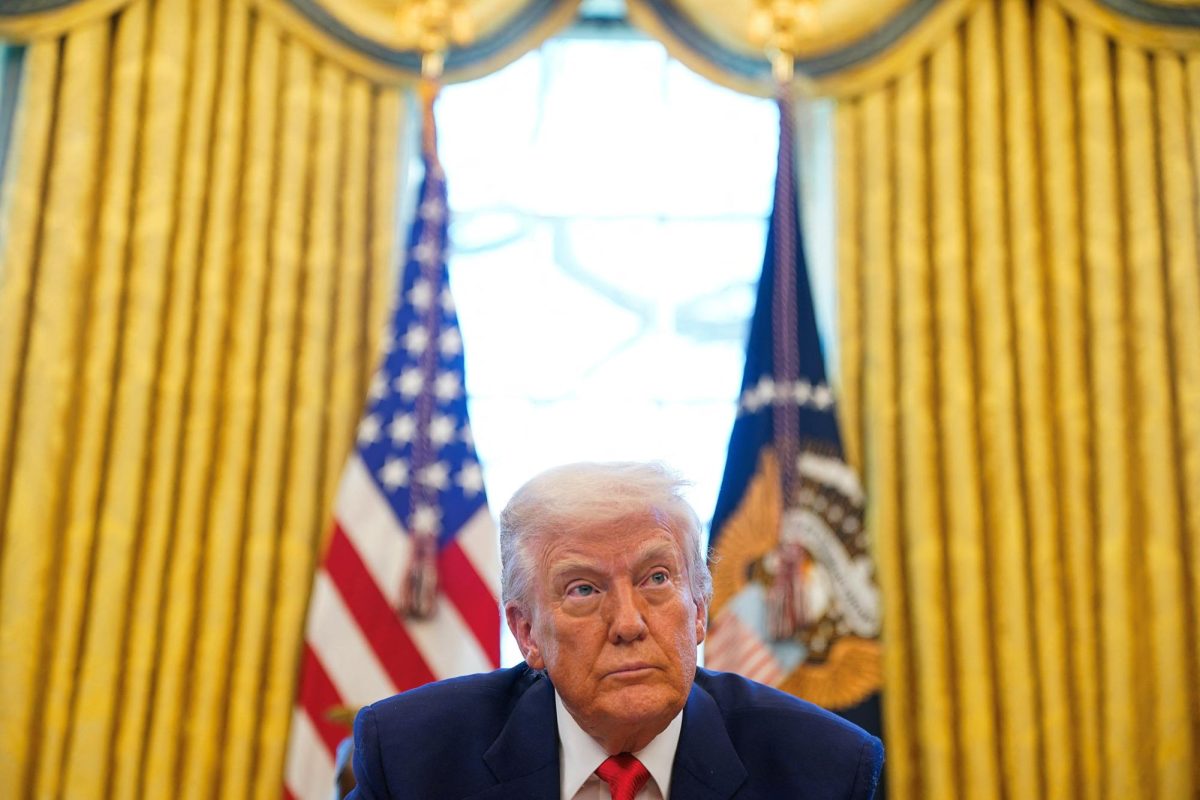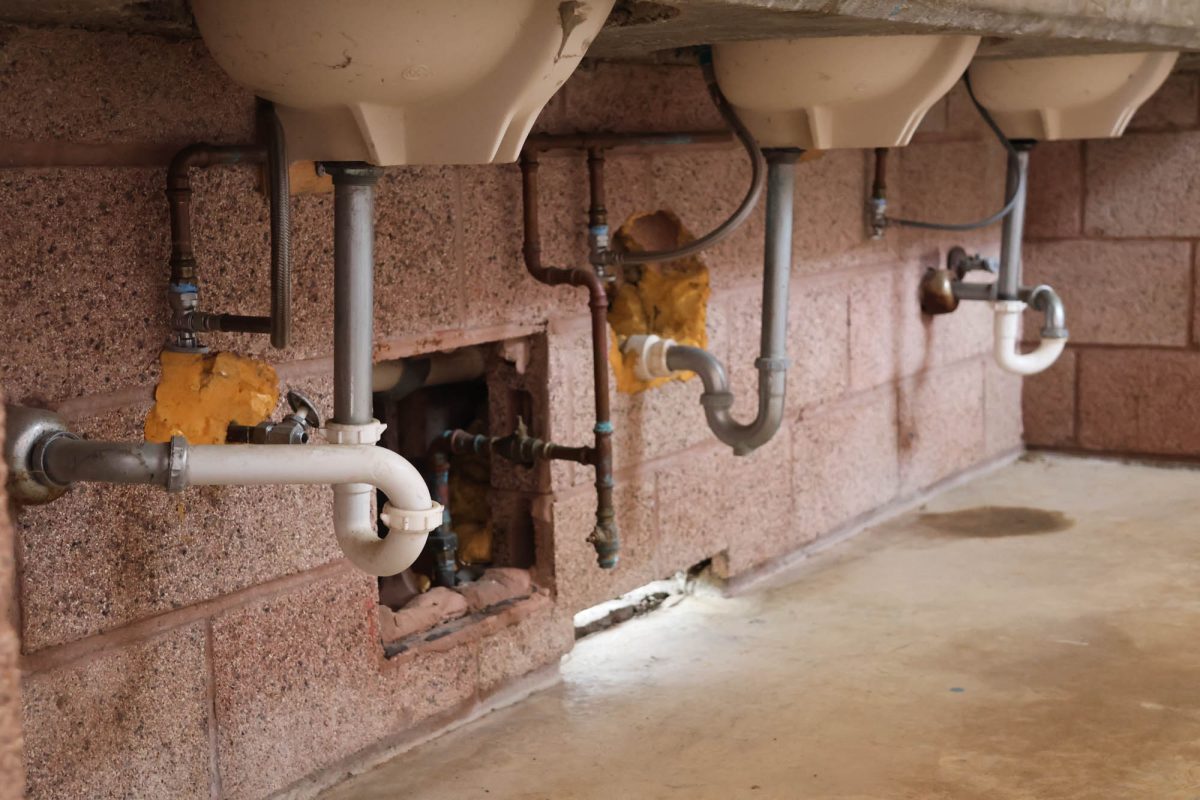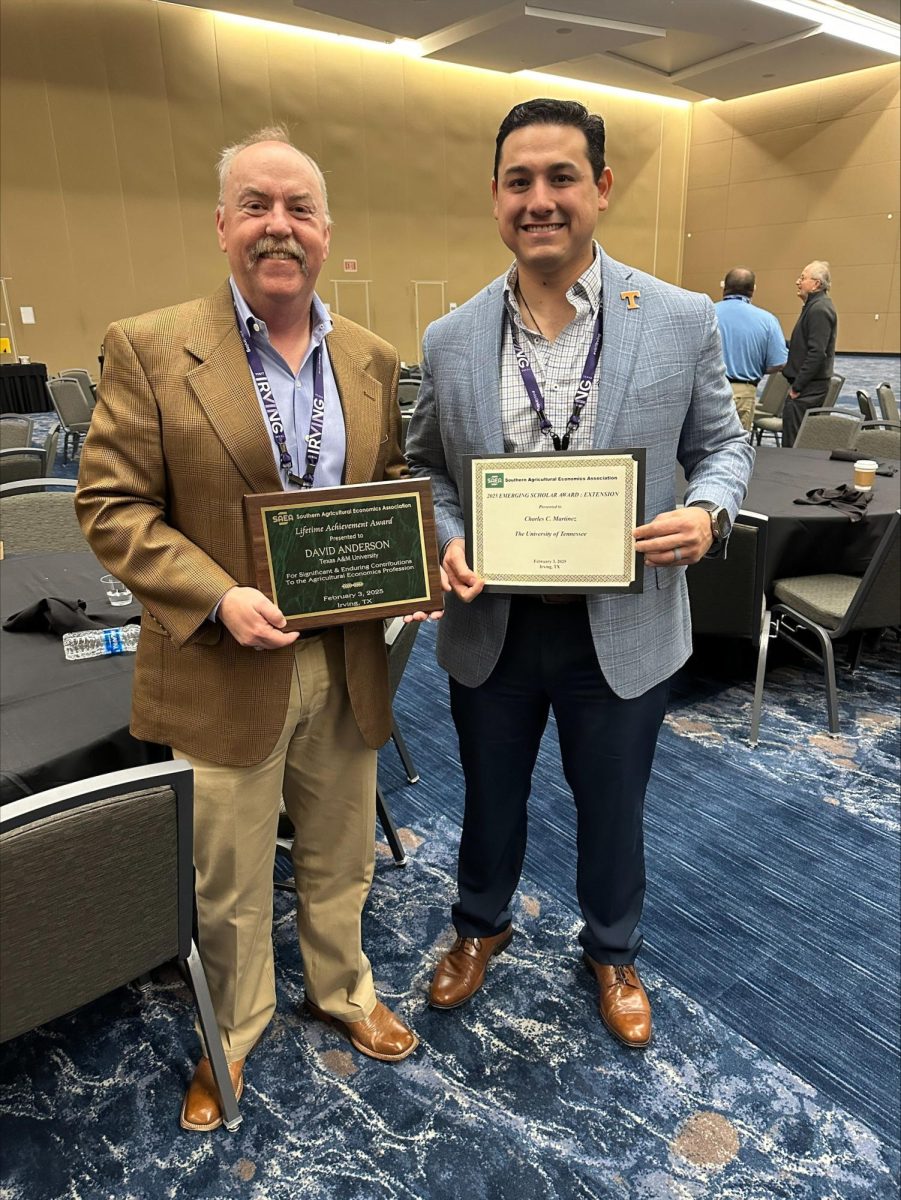At a time when the United States is seeking to create a multinational coalition against terrorism, President George W. Bush’s efforts to build a ballistic missile shield threaten to alienate America’s potential allies, said Chester Dunning, an A&M history professor who participated in a panel discussion on missile defense Wednesday.
“This rush from the U.S. to do away with the ABM (Anti-Ballistic Missile) Treaty has caused fear in Russia and China [such that] Russia and China have signed a friendship treaty in opposition to the U.S.’s ballistic missile defense,” Dunning said. “The speed that the U.S. has used to rid themselves of the ABM Treaty has caused some worries in Europe. Italy now opposes the U.S. stance on BMD, and only Poland outright supports it.”
About 50 people attended the Memorial Student Center (MSC) Wiley Lecture Series discussion on Missile Defense Wednesday night. The panel of three Texas A&M professors gave their opinion and ideas on the topic, “Is There a Target in Sight?”
The ABM Treaty, signed in 1972 between the United States and the Soviet Union, prohibits the deployment of a missile defense system, but adhering to the treaty may no longer make sense in the post Cold War world, said Christopher Sprecher, a political science professor.
“The ABM system seems to make sense. If you cannot attack us, and we can knock your missiles down, why is this such a bad thing?” Sprecher said.
The ABM system was not built in 1972 because the Soviet Union was our adversary, Sprecher said, and the fear then was that an ABM system would only escalate the arms race.
“The Soviet Union no longer exists,” Specher said. “The threat is no longer from the Soviets, but from a rouge state like North Korea and Iraq.”
With the threat of suitcase sized nuclear bombs and lower level nuclear, biological and chemical threats, Dr. Kyle Alfriend, head of the aerospace engineering department at A&M, said he believes that it is not if we should build it, but when.
Alfriend said boost phase intercept system would be preferable.
“You want to intercept the missile right after it is launched,” Alfriend said. “But this means that the system needs to be not just around the U.S., but all around the world where these missiles may be launched”.
Building missile defenses on foreign soil may be difficult politically, but it is imperative that America extend its missile shield to other nations, Alfriend said.
Professors debate missile defense
October 18, 2001
0
Donate to The Battalion
$2790
$5000
Contributed
Our Goal
Your donation will support the student journalists of Texas A&M University - College Station. Your contribution will allow us to purchase equipment and cover our annual website hosting costs, in addition to paying freelance staffers for their work, travel costs for coverage and more!
More to Discover









